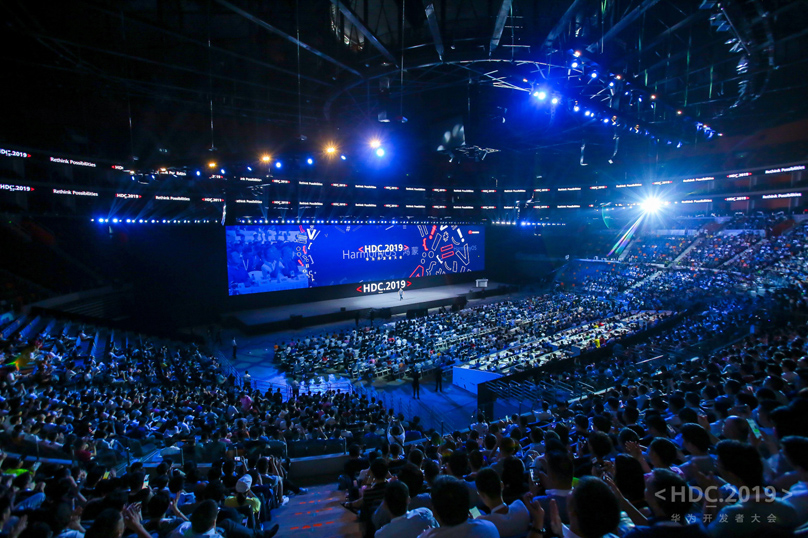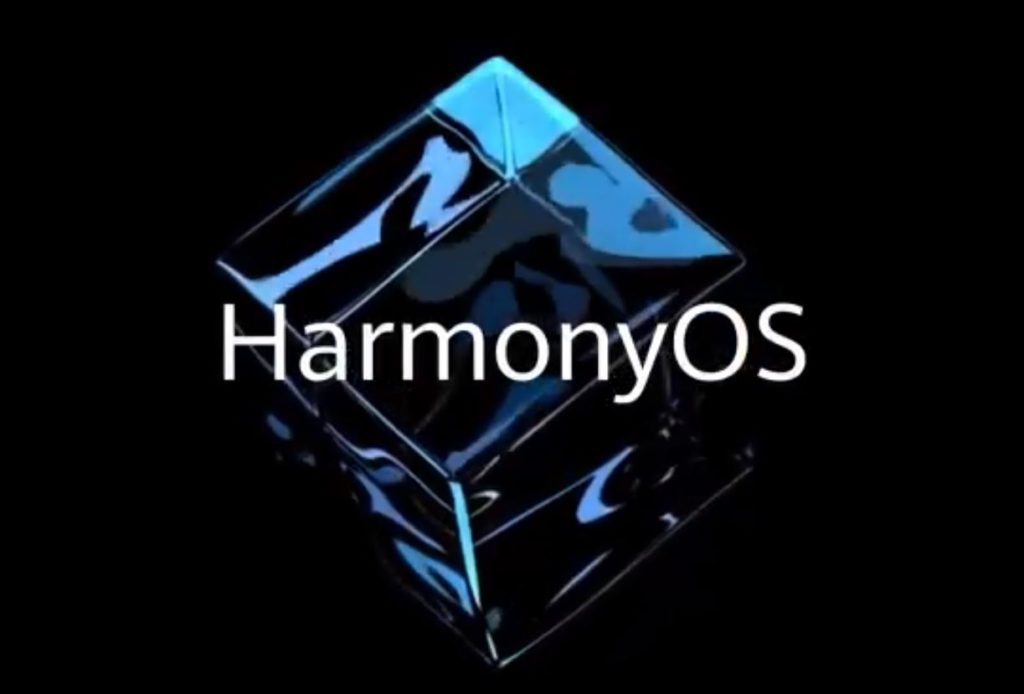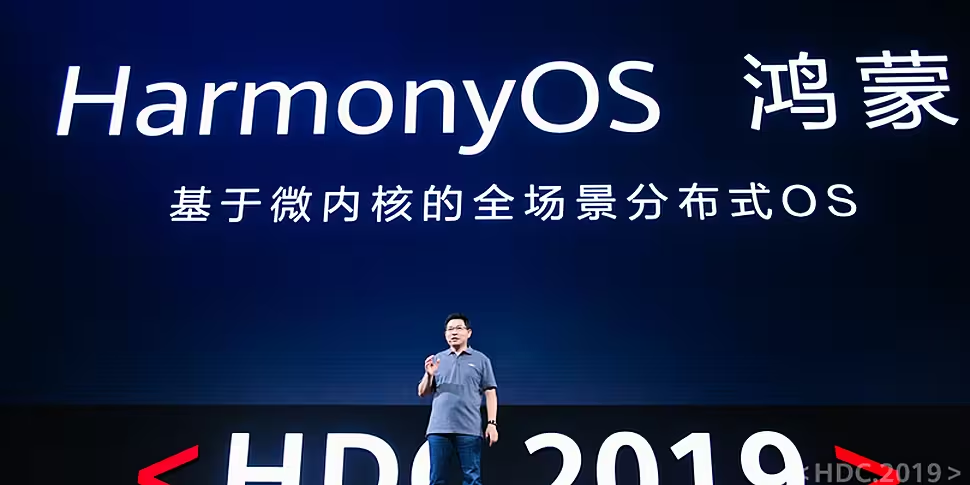Chinese telecoms giant Huawei has announced it is to use a new operating system called 'HarmonyOS'.
This would replace the Android operating system currently in use across its devices.
It comes after the company was added to an 'entity list' by the US Commerce Department in May.
The US imposed severe sanctions on the company, as President Donald Trump declared a "national emergency".
He signed an executive order which, while it did not name Huawei, barred US companies from using telecommunications equipment made by firms deemed to pose a national security risk.
Traditionally, new operating systems are released alongside new types of devices.
But Huawei says as early as 10 years ago, it began exploring how it might deliver this.
HarmonyOS is described as a "lightweight, compact operating system with powerful functionality".
It will first be used for smart devices like smart watches, smart screens, in-vehicle systems and smart speakers.
 The Huawei Developer Conference at Songshan Lake in China | Image: Huawei
The Huawei Developer Conference at Songshan Lake in China | Image: HuaweiDetails were announced at the Huawei Developer Conference in China on Friday.
The company says the new system can adapt "to any device" to create a seamless cross-device experience.
A modularised #HarmonyOS can be nested to adapt flexibly to any device to create a seamless cross-device experience. Developed via the distributed capability kit, it builds the foundation of a shared developer ecosystem #HDC2019 pic.twitter.com/ohdBrXi808
— Huawei Mobile IE (@HuaweiMobileIE) August 9, 2019
It will also will have a verified Trusted Execution Environment (TEE) for security across multiple smart devices.
Richard Yu is CEO of Huawei's Consumer Business Group.
He explains the company's thoughts behind the new system.
"We're entering a day and age where people expect a holistic intelligent experience across all devices and scenarios.
"To support this, we felt it was important to have an operating system with improved cross-platform capabilities.
 Image via @HuaweiMobileIE on Twitter
Image via @HuaweiMobileIE on Twitter"We needed an OS that supports all scenarios, that can be used across a broad range of devices and platforms, and that can meet consumer demand for low latency and strong security."
"These were our goals with HarmonyOS.
"HarmonyOS is completely different from Android and iOS.
"It is a microkernel-based, distributed OS that delivers a smooth experience across all scenarios.
"It has trustworthy and secure architecture, and it supports seamless collaboration across devices.
"You can develop your apps once, then flexibly deploy them across a range of different devices."
The company also says the operating system will be open sourced.
The system is set to first appear on smart screen products later this year.
However the company says it will be optimised and gradually adopted across a broader range of smart devices "over the next three years".
Huawei's products and services are available in more than 170 countries.
Last week, it announced a revenue boost of CNY401.3bn (€52.3bn) for the first half of the year.









